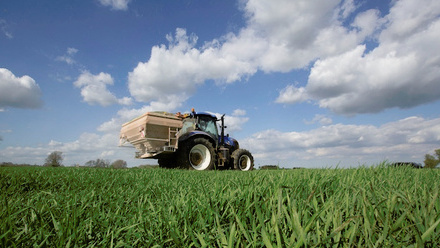FSA - Science Advisory Committees
The FSA’s Scientific Advisory Committees (SACs) gather scientific information and evaluate its relevance. This is to make sure that the FSA’s advice is based on the best and most recent scientific evidence. SAC members are appointed from a wide range of disciplines and include specialist academics, experienced practitioners and consumer representatives. The independent advice and support that SAC’s and the Joint Expert Groups provide is crucial to protecting public health and the interests of consumers.
Of particular interest to the AIC Feed Sector is the Advisory Committee on Animal Feedingstuffs (ACAF). ACAF advises on the safety and use of animal feeds and feeding practices, with particular emphasis on protecting human health, and with reference to new technical developments. Information available from the ACAF website include its Membership; meetings (agenda summaries, minutes and links to documents shared at the meetings); reports (Annual Reports, publications and ACAF Assessments) and active consultations.
As stated below, there is also a Joint Expert Group on Animal Feed and Feed Additives (AFFAJEG).
The FSA’s other scientific committees are the:-
- Science Council
- Advisory Committee for Social Science
- Committee on Toxicity
- Advisory Committee on the Microbiological Safety of Food
- Advisory Committee on Novel Foods and Processes.
To support the SACs outside the EU, the FSA has created three new Joint Expert Groups (JEGs) for regulated products, that work to the same principles as the SACs. The SACs will continue to provide risk assessment advice for risk-based standards and controls, while the JEGs will tackle most work required for regulated products. The three new JEGs focus on:-
- Joint Expert Group on Animal Feed and Feed Additives (AFFAJEG);
- Joint Expert Group on Additives, Enzymes and other regulated products (AERJEG);
- Joint Expert Group for Food Contact Materials (FCMJEG).



